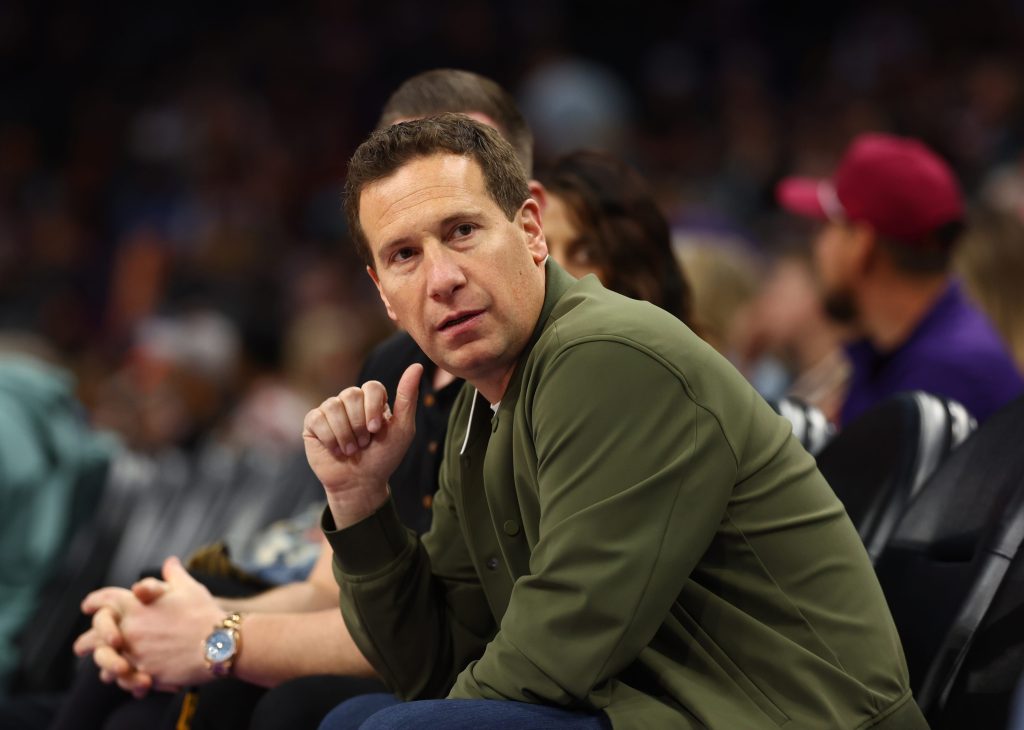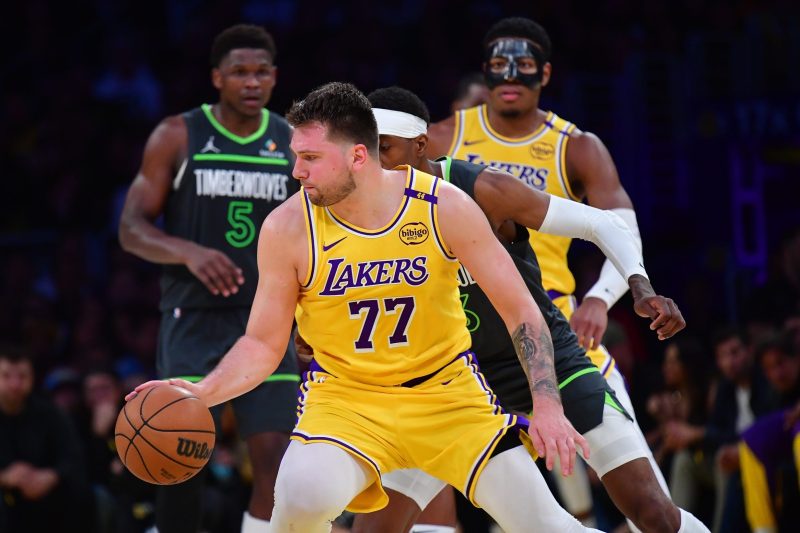Minority owners file lawsuit against controlling owner of Suns/Mercury

A pair of Phoenix Suns and Phoenix Mercury minority owners have filed a lawsuit against controlling owner Mat Ishbia, alleging conflicts of interest, mismanagement and a lack of transparency in an attempt to dilute ownership shares.
The lawsuit, obtained by USA TODAY Sports, also alleges that Ishbia may have cut “multiple undisclosed side deals with other investor members,” which would breach the ownership agreement the investors had entered.
The suit, filed Wednesday, Aug. 27 in the Court of Chancery of the State of Delaware, lists a pair of limited liability companies, Kisco WC Sports II and Kent Circle Investments, as the plaintiffs. They are seeking for Ishbia and the company to provide the financial documents and records they allege have been withheld, as well as the payment of legal fees and further damages.
Suns Legacy Holdings (SLH), the company that operates the franchises, and ISH Suns, the controlling stakeholder of SLH, declined to comment on the lawsuit.
USA TODAY Sports, however, obtained a letter sent from the company’s counsel, lawyer David Marroso of O’Melveny & Myers LP, to the attorney representing the plaintiffs.
The letter, sent Tuesday, Aug. 26, says that Kisco and Kent Circle have demanded that Ishbia buy out the remaining shares they hold, at a valuation of $825 million. Per the letter, that figure represents a 60% increase from the valuation during the time of the sale to Ishbia in December 2022 for $4 billion.
The letter does not dispute the appreciation of the company and states that its value “is approaching $7 billion,” but the letter goes on to say that the company’s “market value is not the point” in question.
“Your clients have no right to insist that ISH Suns acquire their interest at all, much less at the valuation and premium they are demanding,” the letter states. “Let us be clear: ISH Suns does not object to your clients marketing their interests and obtaining offers from any other person, subject to the rights and obligations set forth in the parties’ agreement and applicable league rules.”
Andrew Kohlberg (Kisco) and Scott Seldin (Kent Circle) are the minority owners behind the companies suing Ishbia. According to the letter Marroso sent, both Kohlberg and Seldin had the opportunity to sell their interests in the team to Ishbia in 2023, when he completed the purchase of the company. Fourteen of the 16 minority owners invested in SLH sold their shares, with Kohlberg and Seldin being the lone holdouts.
“Kohlberg and Seldin have resorted to threatening baseless litigation and sensationalized press coverage as a means of intimidating and coercing ISH Suns into unprincipled and unjustified buyout negotiations,” the letter states. “That will not work. ISH Suns and the Company will not be bullied by these sharp and abusive tactics.”
At the center of the lawsuit is a capital call on Monday, June 2 that Isbhia initiated, seeking more money from investors. The lawsuit alleges that the call was announced on short notice and that it “appears to be part of a leverage strategy to exert pressure on and dilute the Company’s minority owners.”
The lawsuit alleges that the cost per unit that Ishbia was seeking during the call was “strikingly low and bears no relationship to the actual value of the Company.”
The suit, which is redacted in some parts, goes on to illustrate Kohlberg and Seldin’s dissatisfaction with Ishbia’s management of the company.
The Suns have not been shy about spending money on players in an attempt to compete in the Western Conference. In February 2023, right after Ishbia took control, Phoenix traded for Kevin Durant in a blockbuster deal, pairing him with Devin Booker and Bradley Beal.
The experiment, however, did not work out, with Durant traded to the Rockets and the Suns buying out Beal this offseason.
The Suns finished 36-46 in the West, placing just outside of the play-in window, and will have Jordan Ott coach the team in 2025-26 — their fourth coach in as many seasons.




